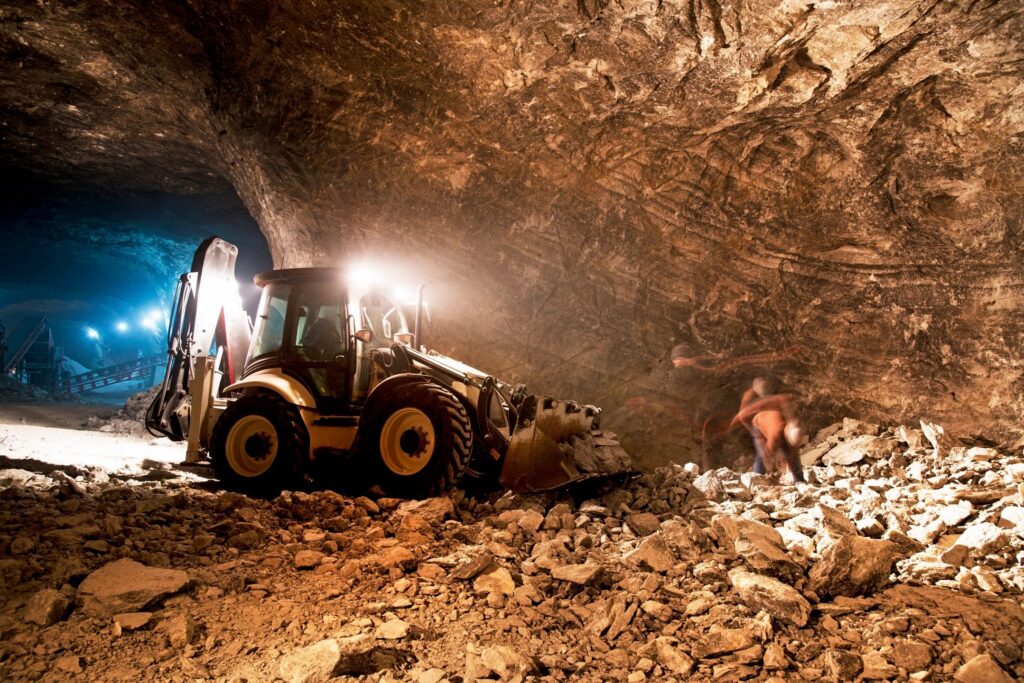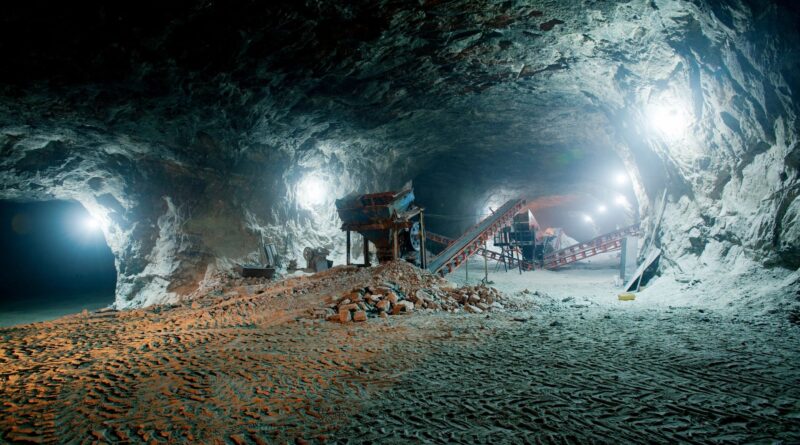Canada’s Path to Becoming a Green Superpower: The Role of the Mining Industry
As the world grapples with the urgent need to transition to sustainable energy sources and combat climate change, Canada is emerging as a potential green superpower, propelled by its abundant natural resources and innovative mining industry. While traditionally known for its vast reserves of minerals and metals, Canada’s mining sector is now playing a pivotal role in the global shift towards renewable energy technologies and green initiatives. In this article, we explore how Canada’s mining industry is driving its transformation into a green superpower and the opportunities and challenges associated with this transition.
Canada’s Mineral Wealth and Mining Industry:
Canada is blessed with a rich abundance of mineral resources, including copper, nickel, cobalt, lithium, rare earth elements, and precious metals such as gold and silver. These minerals are essential components in the production of renewable energy technologies, electric vehicles (EVs), energy storage systems, and other green technologies critical to combating climate change and achieving sustainability goals.
The mining industry in Canada is a significant contributor to the national economy, generating billions of dollars in revenue and providing employment opportunities across the country. With world-class mining operations and a strong regulatory framework focused on environmental stewardship and social responsibility, Canada’s mining sector is well-positioned to meet the growing demand for critical minerals essential for the transition to a low-carbon economy.

Key Role of Critical Minerals in Green Technologies:
Critical minerals, also known as strategic minerals or rare earth elements, are essential components in the production of various green technologies, including solar panels, wind turbines, EV batteries, and energy storage systems. Canada’s abundant reserves of critical minerals place it in a strategic position to supply these key materials to global markets, thereby supporting the transition to renewable energy and sustainable technologies worldwide.
- Lithium: Lithium is a crucial component in lithium-ion batteries used in EVs, renewable energy storage systems, and portable electronic devices. Canada is home to significant lithium deposits, particularly in Quebec and Ontario, making it a potential major supplier of lithium for the global battery market.
- Cobalt: Cobalt is essential for the production of lithium-ion batteries, with applications in EVs, renewable energy storage, and electronics. Canada has substantial cobalt reserves, particularly in Ontario and the Northwest Territories, making it a key player in the global cobalt supply chain.
- Nickel: Nickel is a critical component in the cathodes of lithium-ion batteries used in EVs and energy storage systems. Canada is a leading producer of nickel, with significant reserves in provinces such as Ontario and Manitoba, supporting the production of high-quality nickel products for the green technology sector.
- Rare Earth Elements (REEs): REEs are essential for various green technologies, including wind turbines, electric motors, and energy-efficient lighting. Canada is home to significant REE deposits, particularly in Quebec and British Columbia, positioning it as a potential supplier of these critical materials to support the global transition to green energy.
Green Initiatives and Sustainable Mining Practices:
In addition to supplying critical minerals for green technologies, Canada’s mining industry is also embracing sustainable practices and green initiatives to minimize environmental impact and reduce carbon emissions. Canadian mining companies are investing in innovative technologies and renewable energy solutions to power their operations, reduce greenhouse gas emissions, and enhance energy efficiency.
- Renewable Energy Integration: Many Canadian mining operations are integrating renewable energy sources such as solar, wind, and hydropower into their operations to reduce reliance on fossil fuels and lower carbon emissions. By harnessing clean energy sources, mining companies can reduce their environmental footprint while contributing to Canada’s overall renewable energy capacity.
- Energy Efficiency Measures: Canadian mining companies are implementing energy efficiency measures and adopting advanced technologies to optimize energy usage and reduce costs. From automated equipment and advanced analytics to energy-efficient processes and innovative mining techniques, these initiatives are helping mining operations become more sustainable and environmentally friendly.
- Water Management and Conservation: Water management is a critical aspect of sustainable mining practices, particularly in water-intensive operations such as mineral processing and extraction. Canadian mining companies are implementing water conservation measures, recycling technologies, and innovative wastewater treatment solutions to minimize water usage and reduce environmental impact.
- Biodiversity Conservation: Protecting biodiversity and natural habitats is a priority for Canadian mining companies, particularly in ecologically sensitive areas. Through environmental impact assessments, habitat restoration programs, and biodiversity conservation initiatives, mining companies are working to minimize their impact on the environment and preserve biodiversity for future generations.
Challenges and Opportunities:
While Canada’s mining industry holds immense potential to drive the country’s transformation into a green superpower, it also faces several challenges and opportunities on the path to sustainability.
- Environmental and Social Responsibility: Mining operations must adhere to stringent environmental regulations and social responsibility standards to minimize their impact on local communities and ecosystems. Canadian mining companies are increasingly adopting sustainable practices and engaging in responsible mining initiatives to address environmental and social concerns.
- Technological Innovation: Continued investment in research and development is essential to drive technological innovation in the mining industry, particularly in areas such as clean energy integration, resource efficiency, and environmental remediation. By fostering a culture of innovation and collaboration, Canada can maintain its leadership in sustainable mining practices and green technologies.
- Supply Chain Resilience: Ensuring the resilience of critical mineral supply chains is crucial to supporting the global transition to renewable energy and sustainable technologies. Canada must invest in infrastructure, transportation, and logistics to facilitate the efficient and reliable transportation of critical minerals from mines to end-users, both domestically and internationally.
- Market Demand and Global Competition: Canada faces competition from other mineral-rich countries in supplying critical minerals to global markets. To maintain its competitive edge, Canada must leverage its technological expertise, regulatory framework, and sustainable mining practices to meet growing market demand for critical minerals and position itself as a reliable and responsible supplier.
Canada’s mining industry plays a pivotal role in the country’s transition to a green superpower, driven by its abundant reserves of critical minerals and commitment to sustainable mining practices. By supplying essential materials for renewable energy technologies, electric vehicles, and other green initiatives, Canada is poised to become a global leader in the transition to a low-carbon economy.
However, realizing Canada’s potential as a green superpower requires concerted efforts from industry stakeholders, government agencies, and the broader community to address environmental challenges, promote innovation, and foster responsible resource development. By embracing sustainable practices, investing in technological innovation, and strengthening supply chain resilience, Canada can harness the full potential of its mining industry to drive economic growth, create jobs, and lead the global transition to a sustainable future.



